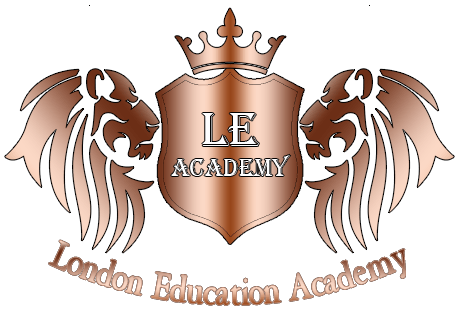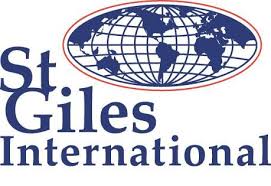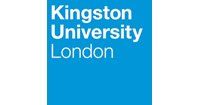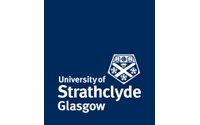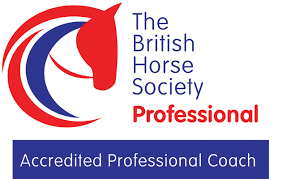Self-awareness and self-regulation are fundamental components of emotional intelligence that are essential for personal and professional growth. This course focuses on enhancing participants' understanding of their own emotions, behaviors, and thoughts, while also equipping them with the tools to effectively manage these internal processes. By cultivating self-awareness and self-regulation, individuals can improve their decision-making, interpersonal relationships, and overall performance in both personal and work environments. The course provides a structured approach to developing these crucial skills through practical exercises and insightful frameworks.
Self-awareness is the ability to recognize and understand one’s emotions, thoughts, and behaviors and how they impact others. It involves an honest evaluation of one’s strengths and areas for growth. In a professional context, self-awareness allows individuals to navigate challenging situations with clarity, ensuring that their reactions are appropriate and measured. On the other hand, self-regulation refers to the ability to control or redirect disruptive emotions and impulses. It allows individuals to manage their reactions and adapt to changing circumstances, fostering greater resilience and emotional balance.
The course is designed to explore both theoretical concepts and practical strategies related to self-awareness and self-regulation. Participants will learn about various techniques for improving their self-awareness, such as mindfulness and reflective practices. They will also explore methods for enhancing self-regulation, including stress management techniques, emotional control strategies, and goal-setting approaches. By focusing on these two critical areas, individuals will be able to enhance their emotional intelligence, which is key to building effective relationships and achieving personal and professional success.
Throughout the course, participants will engage in self-assessments and feedback exercises that provide insights into their emotional triggers and habitual responses. These activities will help them recognize patterns in their behavior and develop strategies to modify these patterns for more constructive outcomes. The course emphasizes the importance of continuous self-reflection as a means of ongoing personal development.
Additionally, this course addresses the role of self-awareness and self-regulation in leadership. Leaders with high levels of self-awareness are better equipped to understand the needs of their teams, foster a positive work culture, and navigate the complexities of organizational change. Similarly, self-regulated leaders are able to model emotional control, resilience, and adaptability, which are crucial for managing both challenges and opportunities within a dynamic business environment.
By the end of this course, participants will have a comprehensive toolkit for developing and applying self-awareness and self-regulation skills to enhance their personal and professional effectiveness. They will leave with actionable insights that they can implement immediately to achieve long-term emotional and behavioral growth.









